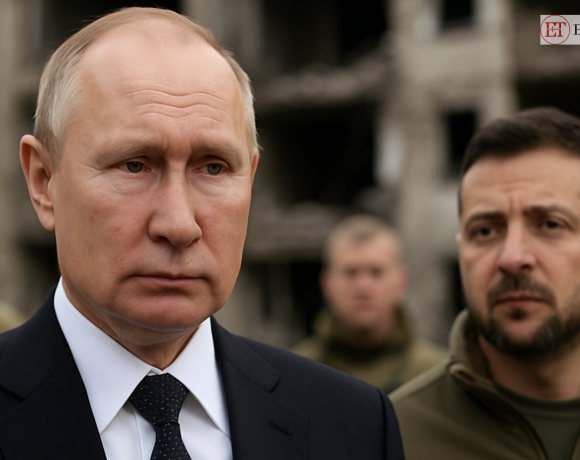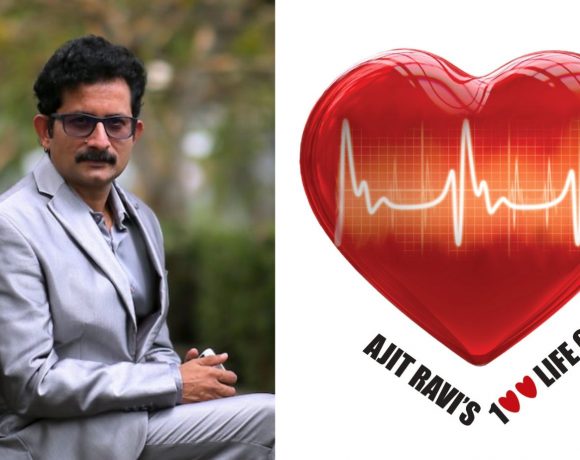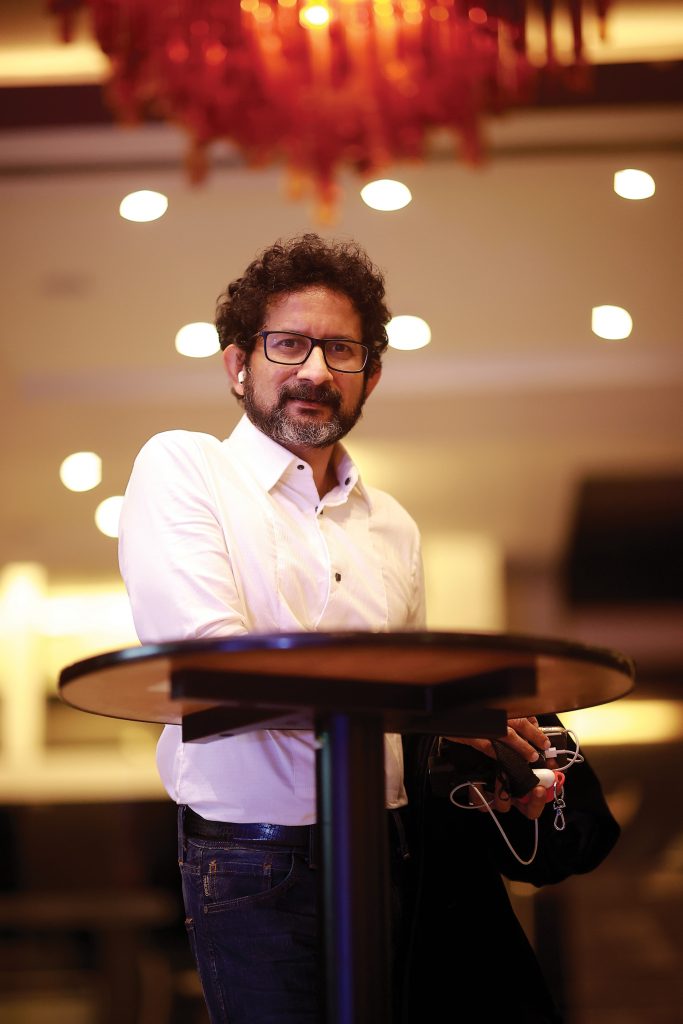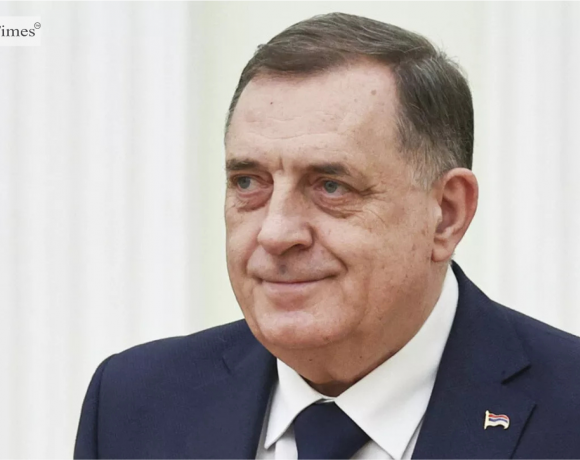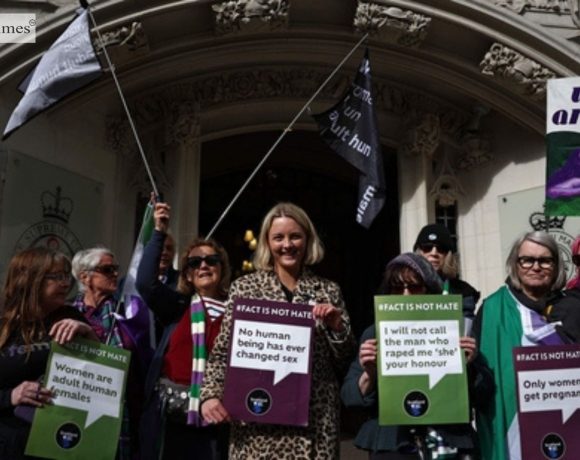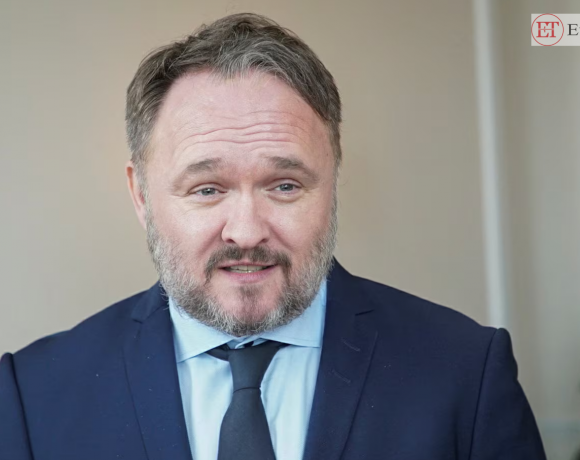
The European Commission has released a comprehensive roadmap detailing plans to end the European Union’s dependence on Russian energy by the end of 2027. The proposed measures include a full ban on imports of Russian gas and liquefied natural gas, as well as strategies for phasing out Russian oil and nuclear fuel. European Commissioner for Energy Dan Jorgensen emphasized that the move aims to prevent Russia from “weaponising energy” and funding its war efforts through European payments.
In a press conference held in Strasbourg, Jorgensen said EU member states will be required to submit national strategies to eliminate Russian energy imports, including uranium and other nuclear materials. The European Commission proposes enhancing energy efficiency, accelerating renewable energy adoption, and diversifying supply sources as key steps. Despite notable progress—such as reducing gas imports from 45% in 2021 to 19% in 2024—the EU still relies on Russia for a significant share of uranium.
The roadmap also highlights measures to combat Russia’s use of “shadow fleets” that obscure oil exports and evade sanctions. Kremlin spokesperson Dmitry Peskov criticized the EU’s plans, claiming Europe was “shooting itself in the foot.” However, the Commission insists the phase-out will be “stepwise and gradual” to limit economic disruption while ensuring long-term energy and economic security for the bloc.
Pic Courtesy: google/ images are subject to copyright


